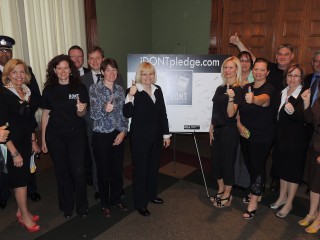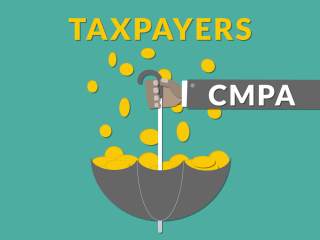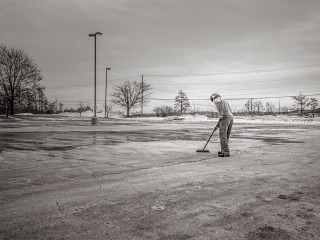In recent months, the infamous Fyre Festival has been under renewed scrutiny due to the release of two documentaries investigating the collapse of the luxury music festival. The heavily promoted event, founded by Billy McFarland, CEO of Fyre Media Inc., and rapper Ja Rule, was scheduled to take place over two weekends in the spring of 2017 on an allegedly private Bahamian island. The festival had been marketed as a luxurious event complete with private villas, catered food, and celebrity guests. When attendees, most of whom were wealthy millennials, arrived during the inaugural weekend to find an unfinished camp site, plain cheese and bread, and no performers, the festival devolved into chaos. The event was cancelled swiftly thereafter, leaving many attendees stranded in the Bahamas with no way out. Amongst the criminal investigations into Billy McFarland and his associates for defrauding investors, a variety of civil law suits have been commenced in the United States seeking millions of dollars on behalf of those who purchased tickets to the festival.
The allegations made against Fyre Media Inc., Billy McFarland, and Ja Rule in those lawsuits include the following:
• Breach of Contract: By purchasing tickets and travel packages, potential attendees provided payment in consideration for Fyre Media’s promise to provide the luxury music festival as advertised. This amounts to a legal contract. When Fyre Media canceled the event and failed to provide the experience promised, that contract was breached. In support of that proposition, the lawsuits claim that Fyre Media specifically breached the contract by providing substandard tents rather than the promised luxury villas; by providing a scarce amount of food; by having no musical acts; and by ultimately cancelling the event.
• Fraud (Intentional Misrepresentation): The various law suits allege that, as far back as March 14, 2017, over a month before the event was scheduled to begin, Billy McFarland and the other organizers were aware of the fact that the island was not prepared in any way to host a music festival on such a grand scale. Despite this knowledge, they continued to deliberately advertise and sell tickets to the lavish festival. In doing so, they intentionally misrepresented the nature of the event. In knowingly concealing the fact that Fyre Festival was not going to happen as planned, marketed, and sold, the organizers engaged in unfair, deceptive, untrue, and misleading promotion of the event.
• Fraud (Negligent Misrepresentation): In addition to intentionally misrepresenting the nature of the festival long after they were aware that it was not going to occur as advertised, the lawsuits also contend that the organizers negligently misrepresented the nature of the event from the start. Although they may have honestly initially believed that their representations would come to fruition, based on the organizers lack of preparation for the event, they had no reasonable grounds for believing so. At various times, the organizers made grandiose representations which included the following: (1) that Fyre Festival would take place on a private island; (2) that the living quarters would be fully furnished and permanent structures; (3) that the event would be attended by celebrities; and (4) that top-level musical talent would be performing. All of these representations proved to be completely false. It is claimed that the organizers should have known from the start that they could not fulfill these representations.
• Unjust Enrichment: Ultimately, by making materially misleading claims, the organizers of Fyre Festival were “unjustly enriched” at the expense of the potential attendees who paid a significant amount of money to the organizers, but did not receive the benefit for which they were promised. The lawsuits assert that it would be inequitable and unconscionable for Fyre Media to retain the compensation it obtained through its deceptive, misleading, and unlawful conduct.
As a result of the above-mentioned misrepresentations, the potential Fyre Festival attendees spent thousands of dollars on their tickets and travel accommodations and received nothing in exchange. Those who did arrive on the island incurred further expenses on emergency travel and incidental expenses after the event was cancelled. At least one attendee suffered a medical emergency and lost consciousness after being locked inside a building while waiting to be airlifted from the island. The lawsuits seek compensation for the attendees’ monetary losses as well as damages for their pain and suffering.













